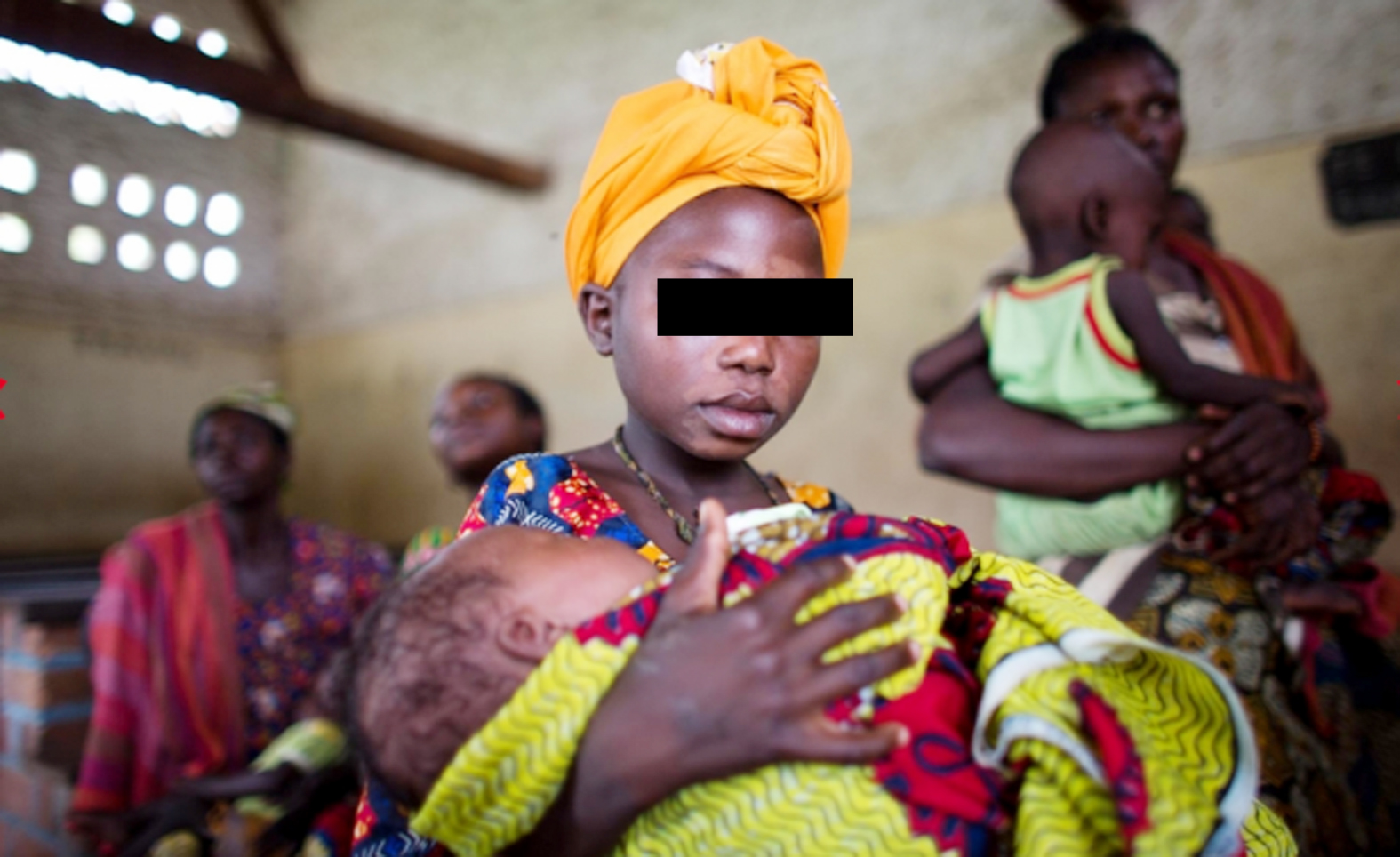
Singing and dancing as she performs in a school assembly, Younis looks for all the world like a typical Kenyan teenager, with a beaming smile and a grey and maroon uniform.
CNN
There’s little outward clue to the trauma she’s already been through in her 13 short years. When she was just nine years old, Younis’s parents arranged for her to marry a man old enough to be her grandfather, in accordance with local Samburu tradition.
The Samburu are an ancient Kenyan tribe pastoralist cattle herders, said to be “distant cousins” of the Maasai. Even to outsiders, their languages and customs are strikingly similar.
Younis and other girls like her have dared to break away from some of these traditions — child marriage, female genital mutilation and beading (the practice of promising girls to their male relatives for sex) –which are illegal in Kenya.
But in doing so they risk being disowned by their families and communities.

“When I was about nine years old, my father married me off to an old man who was 78 years old,” Younis explains, the memories of her harrowing experience still raw. “I went to his home and I stayed with him one week.
- Chamisa under fire over US$120K donation
- Mavhunga puts DeMbare into Chibuku quarterfinals
- Pension funds bet on Cabora Bassa oilfields
- Councils defy govt fire tender directive
Keep Reading
“He told me that I will be a wife but I was just innocent, I wanted to come to school. But that man wanted me to be a third wife. I told him, I will not be your wife, and he caned me.
“Then I heard that there is a woman who helps children. I came from Baragoi barefoot, I didn’t even have shoes that day. I came to Maralal … Kulea took me to [the] children’s office, she rescued me.”
There are eight other girls at Younis’s boarding school just like her; all have been brought to safety by Josephine Kulea and her Samburu Girls Foundation.
To these girls, and some 200 others across Kenya, Kulea is “Mama Kulea.” When their families refuse to have anything more to do with them, she takes the place of their mothers.
Kulea is fighting against the very Samburu cultural traditions she grew up with. She says she began asking questions about what was happening in her community after attending boarding school and studying for a nursing degree in a different part of the country.
“I realized we are the only ones doing FGM, female genital mutilation, the other communities [are] not doing it,” she explains. “I … came to realize that there are things that are not right and I need to make a difference, that’s how I started rescuing girls.”
And she began, in 2011, by looking very close to home.
“My first rescue was my two cousins,” she explains. “One was 10 years old and she was the one getting married; most of the time in my community, when the girl is getting married young, that is when they undergo female circumcision. I was alerted that she was going to get married, so I went and rescued her, and after I rescued her I took her to school.
“Two days later I get a call and am told there was a wedding in that village, and am like, ‘I have the girl, so who got married?’ They said it’s the little sister who was seven years old — they replaced her because the cows were here and any girl had to go.”
Kulea rescued the second girl, and saw to it that her uncles were arrested — because FGM and early marriage were made illegal in Kenya in 2011, the law is on her side and she works alongside the police, but that doesn’t mean that what she does is without risks.
The parents and relatives of girls she rescues are often detained for just a short period of time, and many in the Samburu community do not like the changes she is working to bring about.
“Growing up from this community, everyone looks at me like, ‘You should be like us, you should not be fighting us,” she explains. “It’s a risk for me but I still give it a go.”
For now, though, there are still many girls in need of help; in one manyara, or temporary village built by the Samburu in different locations according to the season, a group of mothers has called on











